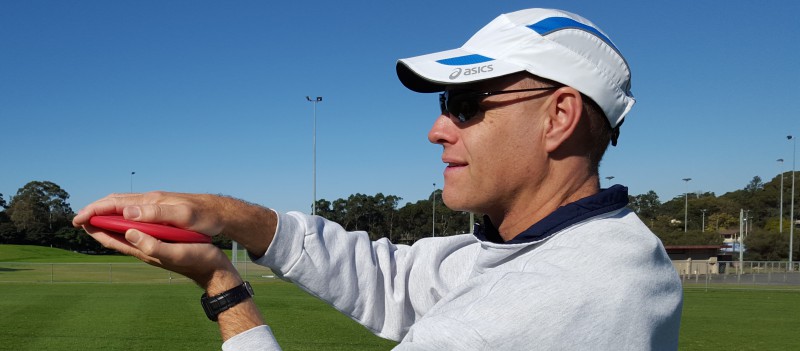Can The Order In Which A Child Is Born In Their Family Influence Their Sprinting Ability?
Of all the ingredients that may influence a child’s running speed, never had I considered that birth order may be a contributing factor.
That was until I was blown away by an intriguing theory put forward by Daniel Coyle in his book “The Talent Code”.
While discussing how motivation for deep practice is ignited by certain cues, Coyle gives us a personal example. He describes how his and many of his friends’ youngest children are the fastest runners for their age in the family. Looking more closely at this phenomenon, Coyle presents us with an extraordinary finding – the birth order rankings of the ten most recent 100m sprint world record holders:

Coyle acknowlegedes that the sample size is small but says a pattern is clear: “Of the eight athletes on the list (Lewis and Burrell appear twice) none of them were firstborn and only one was born the first half of his family’s birth order.”
Wow.
Inspired by the above, I found that Florence Griffith-Joyner, who set the current women’s 100m world record in 1988, was the seventh of eleven children.
What is going on here?
Coyle theorises it could be something to do the hundreds, if not thousands of signals sent in families throughout the childhood years by older, bigger kids to smaller younger ones of “you’re behind – keep up”. The younger children then respond with levels of effort and intensity that the older children never had the chance to experience.
Coyle recognises that being born late in a family doesn’t automatically make someone fast. Being fast involves a combination of factors that may include subconscious reaction to motivational signals – such as those sent by older siblings to younger ones.
There may be something to this. In an article published in the Scandinavian Journal of Medicine and Science in Sports (February 2015) entitled “Sibling Dynamics and Sport Expertise” authors Hopwood, Farrow, MacMahon and Baker state that one of the strongest findings of their study “. . . was a significant association between birth order and skill level.” They also found that: “Elite athletes were more likely to be later-born children.“
So, let’s return to my original question. Does birth order affect a young athlete’s speed? It appears that the answer is yes – birth order may be one of the many factors that can potentially influence the development of an athlete’s sprinting ability.
Take part in my poll
I would love to delve further into this. Is the fastest in your family one of the youngest? The results will be fascinating.
Further reading
A Fun Sprints Lesson Plan For Kids E-Book by Coaching Young Athletes
If this post helped you please take a moment to help others by sharing it on social media. If you want to learn more I encourage you to leave questions and comments or contact me directly.
Darren Wensor is a sports development professional, coach educator, specialist coach of young athletes, and founder of the blog coachingyoungathletes.com. Learn more about him here and connect with him on Twitter, Facebook, Linkedin, or via email. Check out Coaching Young Athletes on YouTube, the Coaching Young Athletes podcast, and the Coaching Young Athletes E-Book Series.

